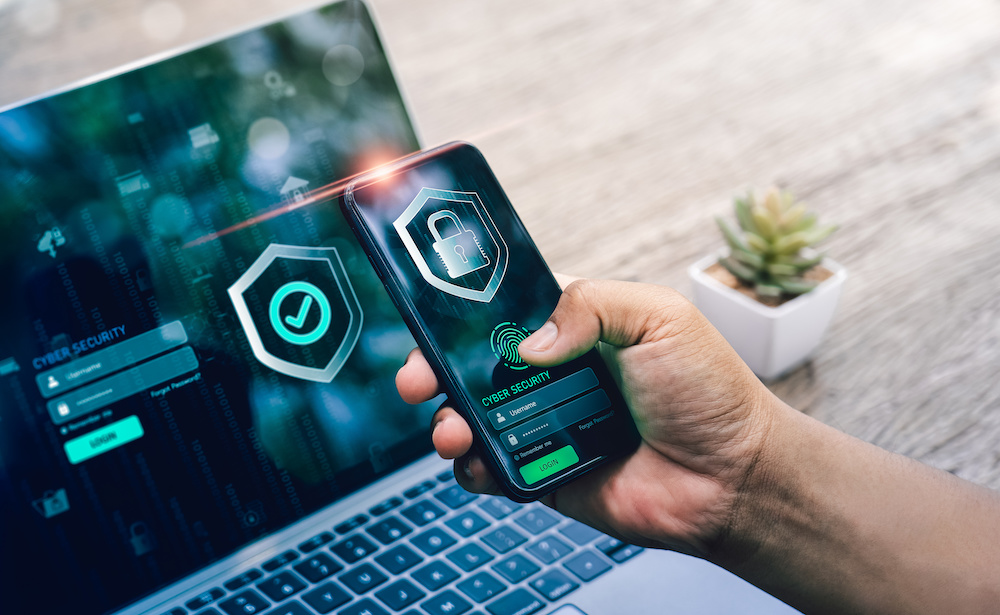With the increasing sophistication of cyber threats, it’s more important than ever to adopt robust cybersecurity best practices to safeguard your digital assets. California businesses must also meet stringent data privacy regulations such as the California Consumer Privacy Act (CCPA) and the California Privacy Rights Act (CPRA). In this blog, we’ll explore seven essential tips for California-based companies to enhance their cybersecurity posture, protect from cyber attacks and stay compliant.
1. Keep Software Updated: One of the most basic yet crucial cybersecurity practices is to regularly update your software. Software updates often include security patches that address known vulnerabilities. By keeping your operating system, applications, and antivirus software up to date, you can minimize the risk of exploitation by cybercriminals.
2. Use Strong Passwords: Passwords are the frontline defense against unauthorized access to your accounts and devices. Ensure you use strong, unique passwords for each account and consider using a password manager to securely store and manage your passwords. Implementing multi-factor authentication adds an extra layer of security by requiring additional verification beyond passwords.
3. Be Wary of Phishing Attacks: Phishing attacks remain one of the most prevalent threats in the cybersecurity landscape. Cybercriminals use deceptive emails, messages, or websites to trick individuals into revealing sensitive information. Exercise caution when clicking on links or downloading attachments from unknown sources and verify the authenticity of requests for personal or financial information.
4. Secure Your Network: Enable encryption protocols like WPA2 or WPA3 on your wireless network to prevent eavesdropping and unauthorized access. Consider setting up a firewall to monitor and control incoming and outgoing network traffic, adding an extra layer of defense against cyber threats.
5. Backup Data Regularly: Regularly backup your important files and data to an external hard drive, cloud storage service, or backup server. This ensures that even if your primary data is compromised, you can restore it from a secure backup.
6. Educate Yourself and Your Team: Cybersecurity awareness is key to mitigating risks and strengthening your defenses. Educate yourself and your team on common cyber threats, best practices for data protection, and how to recognize potential security issues. Conduct regular training sessions to reinforce good cybersecurity habits and promote a culture of security consciousness.
7. Monitor Your Accounts and Devices: Regularly monitor your accounts and devices for any suspicious activity. Keep an eye out for unauthorized transactions, unusual login attempts, or unfamiliar devices connected to your network. Promptly investigate any anomalies and take immediate action to secure your accounts and mitigate potential threats.
By implementing these cybersecurity best practices, you can boost your defenses against cyber threats and protect your digital assets from malicious actors. Remember that cybersecurity is a continuous process that requires vigilance, awareness, and proactive measures to stay one step ahead of evolving threats.
About TSG
The Swenson Group (TSG) is an award-winning Bay Area Managed Service Provider that has helped thousands of organizations achieve more by leveraging cost effective technologies to be more productive, secure and cost effective. Services include Managed Print, Document Management, IT Services and VoIP. Products include MFPs, Copiers, Printers and Production Systems, Software and Solution Apps. For the latest industry trends and technology insights visit TSG’s main Blog page.
Subscribe to our Blog
What is a Document Management System?
A beginner's guide to managing documents from paper to intelligent automated workflows.








